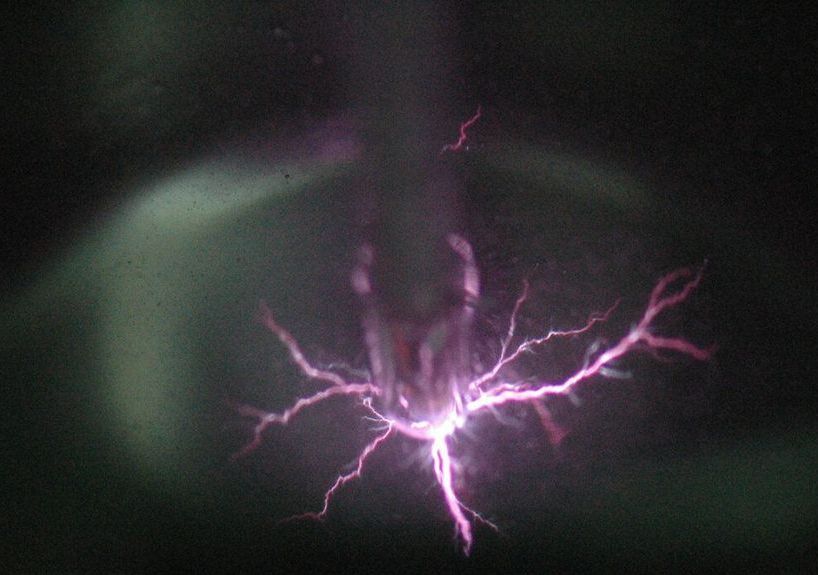Regrowing bones is no easy task, but the world’s lightest solid might make it easier to achieve. Researchers have figured out a way to use hybrid aerogels, strong but ultralight materials, to prompt new bone tissue to grow and replace lost or damaged tissue.
Although bone cancer is a relatively rare disease (it accounts for less than 1% of all cancers), people who suffer from it often end up losing a lot of bone tissue and, in extreme cases, undergo amputation. The cancerous tissue has to be cut out, taking with it a large chunk of nearby healthy tissue to make sure that the cancer does not spread. This effectively removes the cancer, but also leaves the patient with a lot less bone than they started out with.
A recent study has used hybrid aerogels to restore the lost tissue by prompting bone regeneration. Aerogels are basically a combination of solid and gas. Think Jell-O, but one where the water has been slowly dried out and replaced completely by air. This slow and careful removing of liquid is what allows the gel to retain its shape instead of shriveling into a hard lump. The pairing of solid and gas makes aerogels extremely light and very porous. These two qualities make them exceptionally suitable to use as scaffolds, which can be used as physical roadmaps for the developing bone to follow as it grows.







